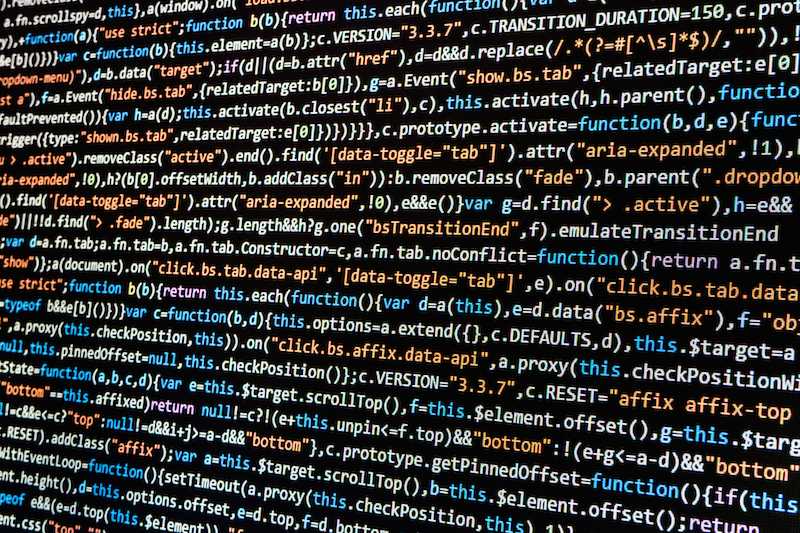Russian hacking affected the US election
Russian hacking could have potentially had an effect on the US Presidential Election.
March 6, 2017
The United States Director of National Intelligence released a report concluding that Russia had interfered with the 2016 presidential election in the United States on Jan. 6, 2017.
The report states that Russian hackers, who were likely affiliated with their government, deliberately hacked and leaked the emails of several key Republican and Democratic National Committee (DNC) staffers with the intention of electing Donald Trump. These hacks led to the release of compromising emails involving former DNC chairman Debbie Wasserman Schultz and Clinton campaign chairman John Podesta, among others. The report takes no stance on how successful these hacks were in swaying voters, but it is certain that they played a role in tipping such a close election.
Near the end of the election there were two major events that contributed to Hillary Clinton’s loss. The first was Federal Bureau of Investigation (FBI) Director James Comey’s letter to Congress, and the second being the leaking of Podesta’s emails which were provided to Wikileaks. Many articles, such as one by news website Vox, say that Comey’s letter did much more damage then the Podesta emails, but a quick look at Google trends for October shows us that American voters did, in fact, care about Wikileaks, as searches for WikiLeaks topped searches for FBI for most of October. An article by FiveThirtyEight, a statistics and political analysis website, on this topic published in late December stated that: “We can say two things [about the Podesta emails]: (i) Americans were interested in the Wikileaks releases, and (ii) the timeline of Clinton’s fall in the polls roughly matches the emails’ publishing schedule.”
The same article goes on to state that, according to exit polls, Donald Trump won over voters who decided who they would vote for in October by a large margin. 51% of these said they would vote for him, while only 37% said they would vote for Clinton. This represents his best time period of the entire election, in terms of voters who chose early who they would vote for, and it happens to coincide with the email leaks. In addition, as it can be seen in an article by Vox on this topic, many discount the effects of the emails by saying that Clinton’s polling numbers only fell after the release of the Comey letter. This was mostly untrue, as Clinton’s lead had already begun to drop even before the letter, just after the release of the emails.
In truth, it is impossible to conclude exactly how successful one specific event is at shifting any election. But in the case of this election, the release of the Wikileaks emails thanks to Russian hackers certainly played a role. And any part in an election separated by only a few thousand votes in some very close states, could have tipped the balance just slightly and led to the success of one very unlikely candidate.




